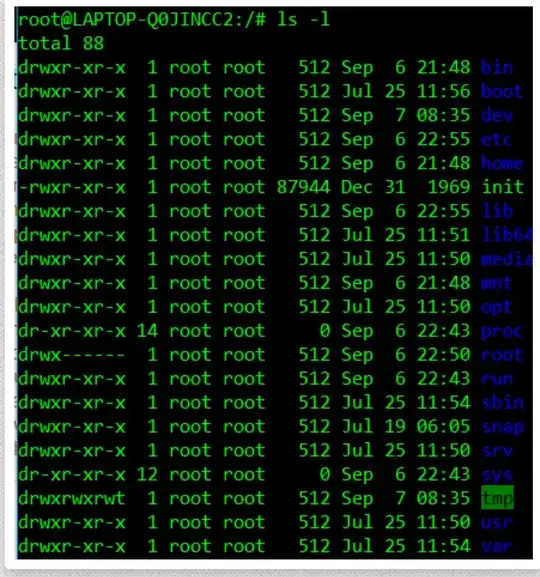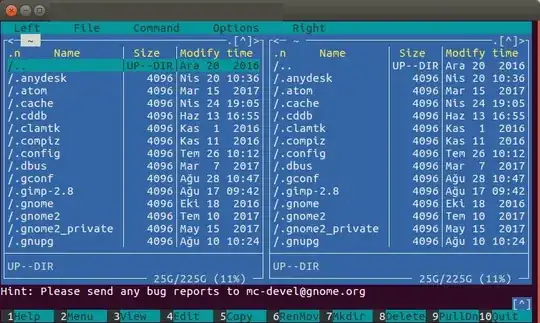For example, when I go to the top most directory and list the files, this is what I get in Ubuntu:
- That is the root of the system. Equivalent in Windows:
c:
Linux is a multi-user system and is set up as such. Windows used to be a single user system and was/is also set up like that. Main difference: each user has its own place in Linux where files are stored: /home/$USER/ and within that are personal directories. In Windows it is something like c:\Users\%USER%\.
To get to the current users Documents you can use:
cd /home/$USER/Documents/
But there is a shorthand version: ~ points to your home, so
cd ~/Documents
also works. There are more: $USER for instance will replace with the current user but also $HOME for the home dir or $SHELL for the shell used (echo can be used to show the content: echo $USER will show the current username).
When I go into "usr" on Ubuntu, it doesn't display the expected filed as "Users" in Windows. Help please?
/usr is not what you believe it to be. It now is short for "Unix System Resources" so not related to a user ;) /home/$USER is where you find personal files.
Mind though that since you are using root ~ will point to the home of "root" and that is /root. I would advice to not use root on command line as Ubuntu is made to be used with a sudo account user and limited exposed elevated privileges.
Using a root sessions allows you to delete anything from that system without any restrictions. Using a sudo account would prevent deleting if you accidentally would try to and did not add sudo to the command.

